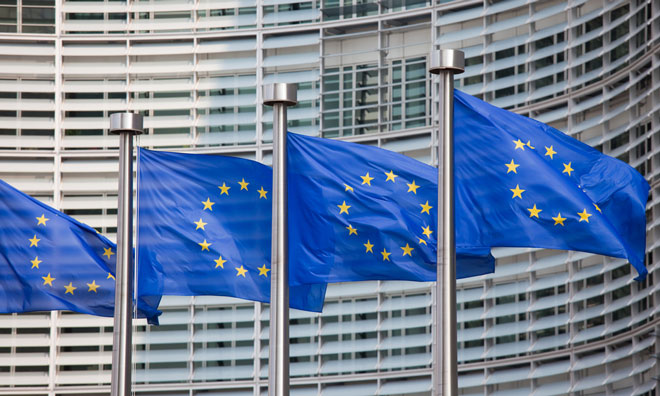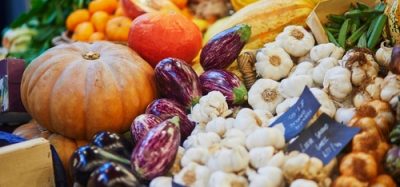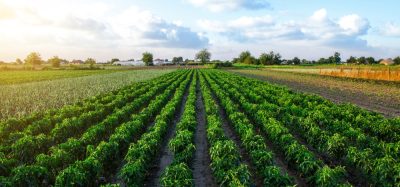Slow Food replies to EU consultation on the Future of the Common Agricultural Policy
- Like
- Digg
- Del
- Tumblr
- VKontakte
- Buffer
- Love This
- Odnoklassniki
- Meneame
- Blogger
- Amazon
- Yahoo Mail
- Gmail
- AOL
- Newsvine
- HackerNews
- Evernote
- MySpace
- Mail.ru
- Viadeo
- Line
- Comments
- Yummly
- SMS
- Viber
- Telegram
- Subscribe
- Skype
- Facebook Messenger
- Kakao
- LiveJournal
- Yammer
- Edgar
- Fintel
- Mix
- Instapaper
- Copy Link
Posted: 8 May 2017 | New Food, Slow Food | No comments yet
The public consultation on the policy’s modernisation of the Common Agricultural Policy (CAP), launched by the European Commission on February 2 this year, has closed May 2.


Slow Food takes note, on the basis of the EU data, that 88 million tons of food are wasted every year (20% of total food production), while one in four farms has shut down in the period between 2003 and 2013. From an environmental perspective, the situation is equally bad: 10% of greenhouse gas emissions in the EU come from the agricultural sector. For these reasons Slow Food requests:
A shift away from a Common Agricultural Policy and towards a Common Food Policy, so that the system in its entirety is taken into account, including distribution systems and food waste.
The recognition of food sovereignty, in other words “the right of peoples to healthy and culturally appropriate food produced through ecologically sound and sustainable methods, and their right to define their own food and agricultural systems.”
Concrete support for small-scale agroecological producers and local food production, given that these are essential elements to a sustainable food system. It is in fact small-scale agroecological producers who provide a whole series of environmental and social services to their community. Additionally, small farms allow the use of more labour, thus representing a valuable source of employment and support for the local economy, resulting in the preservation of rural communities.
The promotion of agroecological practices, which are based on an efficient use of resources, with little or no use of chemical products, and the existing synergy between different species. Consequently, this agricultural model produces many benefits at an environmental level, ensuring the conservation of biodiversity and soil fertility and an excellent crop yield. Diversified agroecological systems also guarantee an adequate and secure economic return for farmers, who no longer need to reply on the success of just one crop; with a single product, their income is highly dependent on market trends and unpredictable natural events.
Concrete help for disadvantaged groups, particularly people living in marginal areas (such as mountain zones) and youth. The abandonment of marginal areas due to a lack of infrastructure and employment opportunities is a very relevant problem in all of Europe, considering that a rich biodiversity is still present in these places, which are also the most vulnerable from a hydrogeological viewpoint.
Encouraging participatory processes, so as to ensure that policy decisions regarding food are taken democratically. Producers, consumers, civil society organisations and researchers must be able to find a political space within which they can establish the priorities of the sector and demonstrate a shared strategy to institutions. These spaces must also be able to carry out a “knowledge-sharing” function between those who work in the food sector in different roles, thus guaranteeing cohesion between the various social partners and avoiding power being concentrated in the hands of large transnational corporations.
Back in March, Slow Food, along with over 150 other civil society organisations, provided some initial ideas about the CAP’s future in the joint statement Good Food, Good Farming – Now.
Slow Food’s complete response to the Commission’s consultation is available here.







